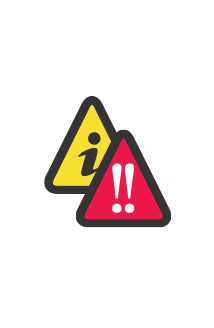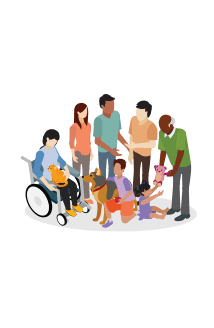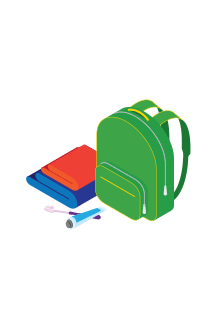Being prepared means having your own food, water, medication and other supplies to be able to look after yourself and your family for at least 72 hours.
An emergency kit is a collection of items your household may need for survival during the emergency and items to help you recover after an emergency.
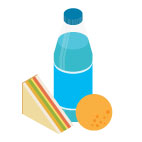
Adequate amount of water and food
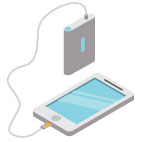
Mobile phone and charger
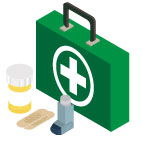
Medication and first-aid kit
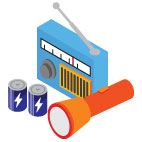
Battery-powered radio, torch and spare batteries
(consider wind-up radios and torches that don’t need batteries)
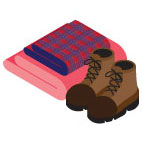
Protective clothing and woollen blankets
(have protective clothing made from natural fibres, sturdy shoes or boots and heavy-duty gloves)
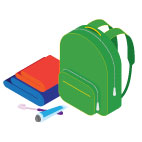
Spare clothes, toiletries and sanitary supplies
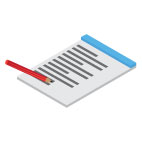
Contact information
(doctor, council, power company etc.)
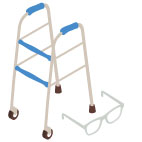
Aids and equipment
(anything you need to support your daily life such as vision aids, mobility aids and communication devices)
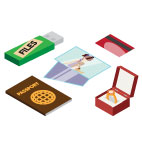
Other important items
(may include bank card, photo ID, passport, photos, wiIl, jewellery, insurance papers, medical records and prescriptions, USB stick containing important files etc.)
You may also need to remember…
In addition to the items shown on this page, think about your household’s special needs and what other items you may require such as items for those with a medical condition or disability, children and pets.
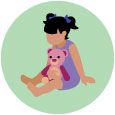
If you have children also pack:
- Any medication (such as asthma puffer or EpiPen)
- Medical records
- Nappies
- Baby formula and bottles
- Carrier
- A familiar item (toys, special blanket, book, game) to help reduce stress
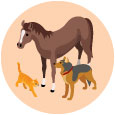
If you have pets also pack:
- Suitable transport (carrier, cage or leash)
- Food and drinking water
- Food bowl and water bowl
- Any medication
- Veterinary/medical records
- Registration/identification records
- A familiar item (toy, bed, treat) to help reduce stress
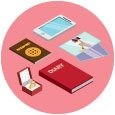
Five things people most regret leaving behind in emergencies:
- A mobile phone
- Family memorabilia (things you can’t replace)
- Personal memoirs (personal diaries/ stories)
- Family photographs
- Passports and other important documents
